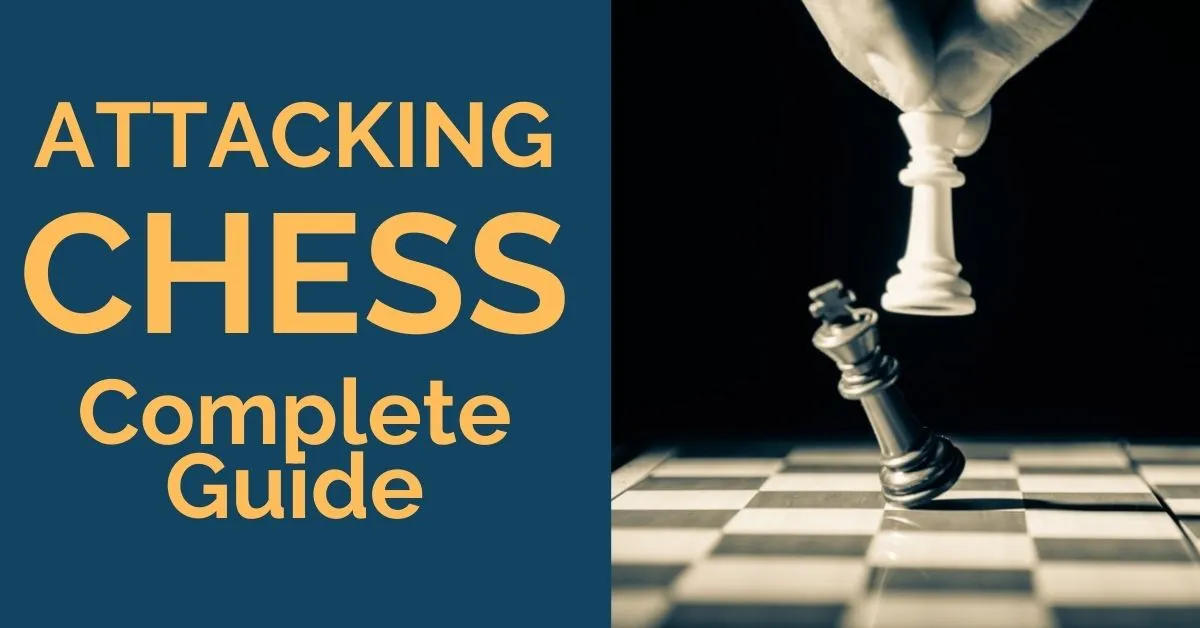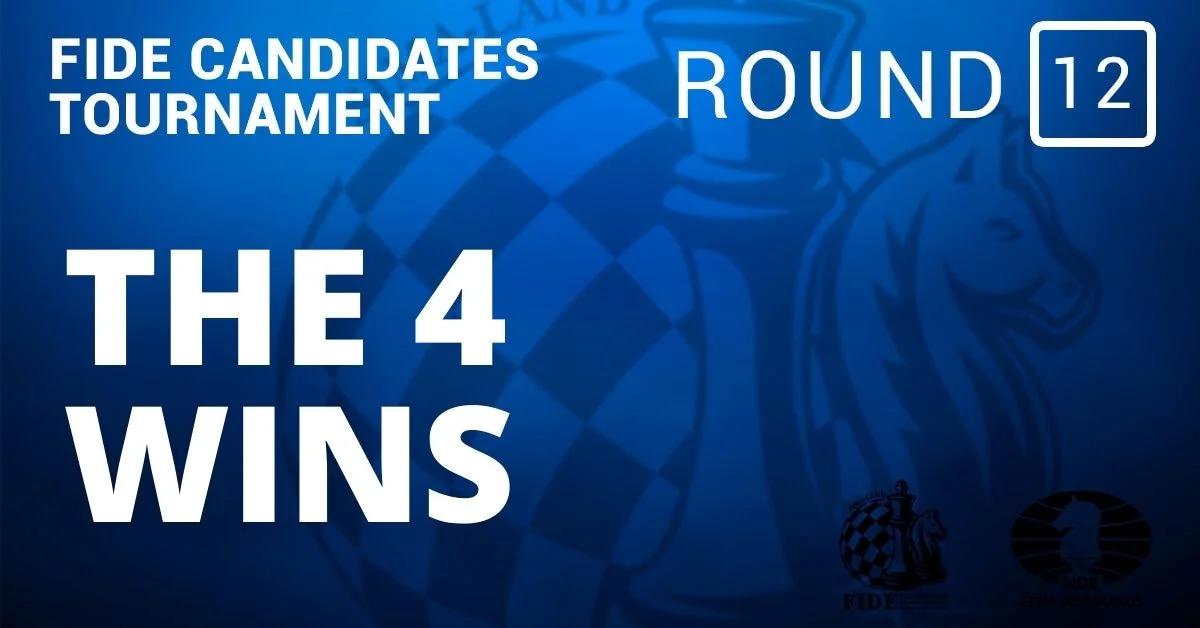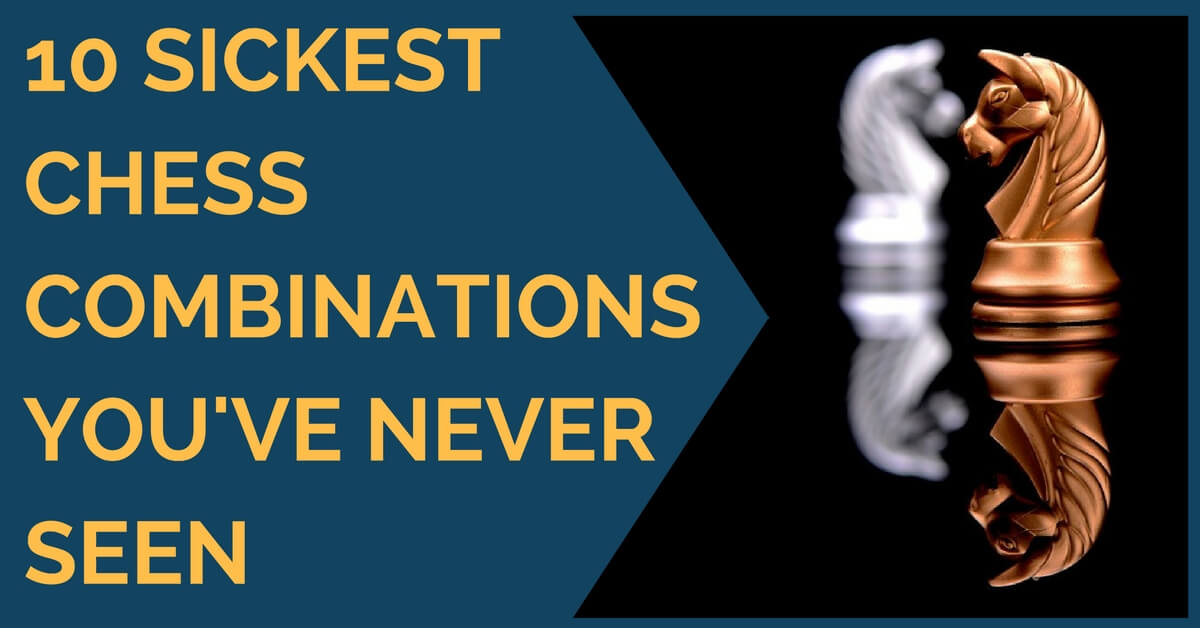10 Classic Chess Principles You Need to Know
From a very early moment in our chess journey, we are being explained the importance of the chess principles and that we should always use them as a guideline during our games. While chess has developed a lot in recent years and the use of engines has encouraged play based sometimes solely on calculation, the classics remain very much alive and we still need to use their past wisdom in order to call ourselves complete players.
Here are some of those basic principles that every player should know, grouped on the 3 phases of the game.
Opening
1. Develop quickly
Develop your pieces as quickly as possible and get your king into safety. This is one the first rules we are being told when learning the game and one that we keep obeying throughout our entire chess life. It is probably safe to say that development is the most important concept and ignoring it usually leads to awful consequences. After all those years, players still have it clear: develop and castle!
2. Save tempi
Don’t waste tempi in the opening. Here we include the famous “don’t move the same piece twice in the opening” and “don’t make too much (unnecessary) pawn moves in the opening”. The point is quite simple – it leads to getting behind in development.
The same logic applies to the well-known “don’t get your queen out in the opening” rule, although in this case there are a number of well-known examples (like the Scandinavian) that show us this is sometimes acceptable. However, the main point is this – if it is not necessary and your opponent can attack it, the queen is usually between the last pieces to develop.
3. Control the center
The whole game is a fight for the center and it starts from the very beginning with developing the pieces towards the center. They are not only more active if they are placed on the central square, but at the same time, they limit your opponent’s activity.
Middlegame
4. Improve the position of your pieces.
Once you have finished the development, look for better squares for your pieces. Imagine the ideal squares for them and see if you can find a way of achieving that set-up. When placed on good, central squares, pieces cooperate better with each other and it will be easier for you to start creating an attack or find ways to harm your opponent’s position.
5. Pieces first, pawns second!
This is something you should already know if you are a constant reader of our articles. Before launching an attack with pawns, make sure you have ticked the previous point. Pawns need to have support and this is provided by pieces. If your pieces are still badly placed and lack harmony, an attack based only on pawns will usually not succeed.
6. Controlling the pawn chains
Pay attention to the center and the existing pawn chains. This theory, developed by Philidor, indicates that the correct use of the two can help you win space and activate your pieces. Also, knowing how to “read” the central pawn chains can help you find and build the correct plan. If you want to know more about this, make sure to read our previous article on this subject.
7. Create weaknesses
in your opponent’s camp and accumulate small advantages. As Steinitz pointed out, there are a number of important positional elements that should be taken into account during the game. Try to take advantage of the weak points (squares or pawns) in your opponent’s structure, control the existing open files and look for other small pluses such as the bishop pair or better piece mobility and cooperation.
8. The principle of the two weaknesses
This principle is the most important one to remember in positions when you’re trying to materialize an advantage, either material or positional.
The main idea behind it is that if your opponent will only have one problem to solve, such as defending a weakness, this will most of the times be easy to achieve and you will soon run out of bullets. However, if you can create another front of the attack and accumulate one more advantage, then he will run out of defensive resources and his position will most likely collapse. Learn more about this principle in this article that we wrote a while ago.
Endgame
9. Centralize your king
In the endgame, the king becomes a strong piece and it is important to bring it towards the center. It helps attack the pawns and put pressure on your opponent’s position. Most of the times the side with the stronger king ends up winning the endgame.
10. Activity over material advantage
Having active pieces becomes even more important in the endgame. Take as an example the rook endgames where sometimes it is worth sacrificing a pawn in order to activate your own pieces – the rook and the king. Even down material, this is usually enough to at least achieve a draw, if not even win the game.
Ready to start winning games? Check out our store and articles:










Comments: